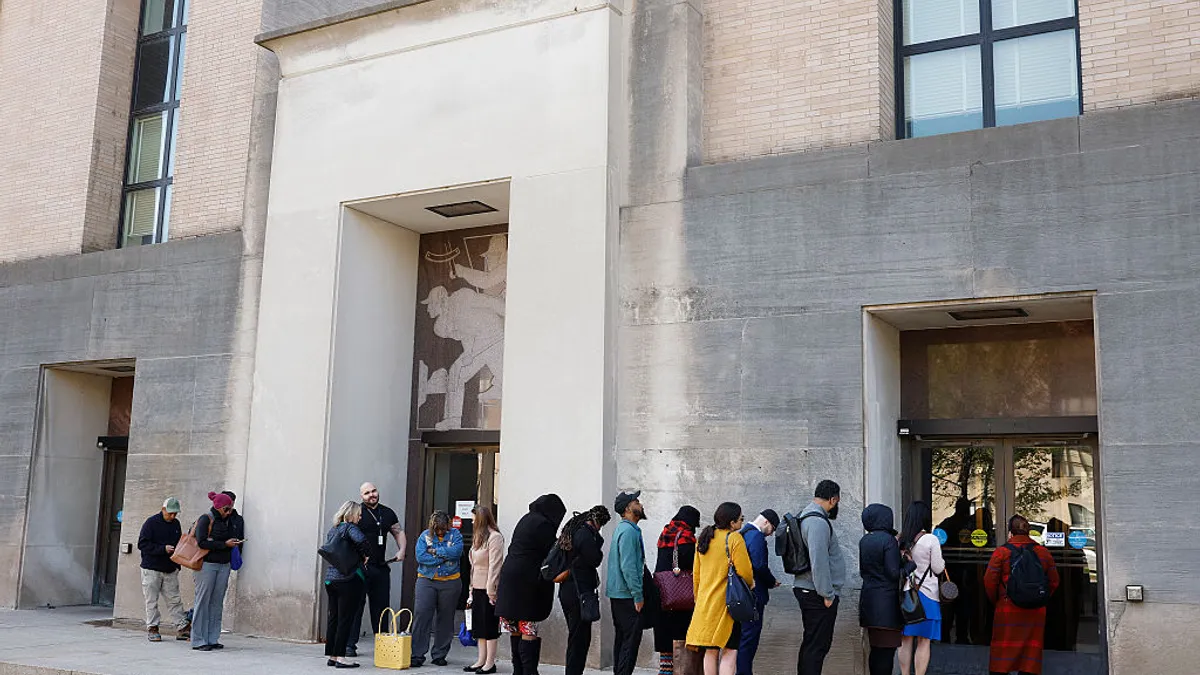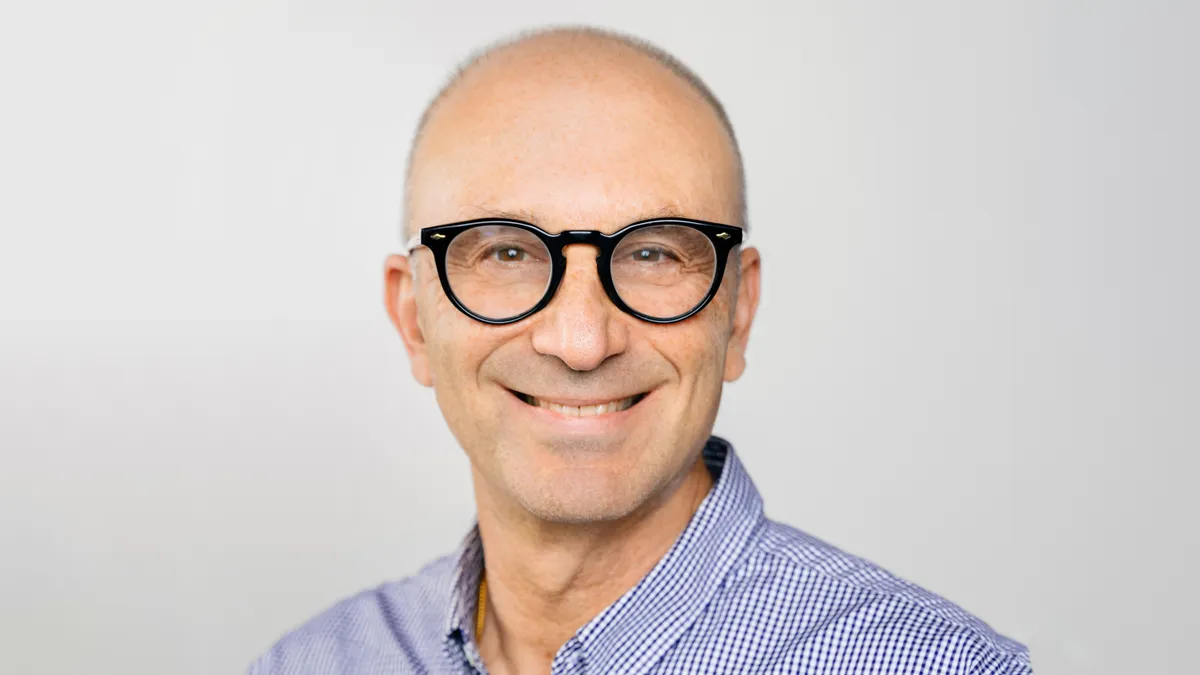A Value-Based Leader
 Al Altomari
Al Altomari
Title: Chairman and CEO
Company: Agile Therapeutics
Awards/Honors: Hall of Fame Father Judge High School, 2017; Hall of Fame, Drexel 100, 2017; CEO of the Year, Finance Magazine, 2016; Father of the Year, American Diabetes Association, 2015; CEO of the Year, New Jersey Technology Council, 2014; PharmaVOICE 100, 2007, 2017
Associations: TASK Trenton Area Soup Kitchen Chairman); Multiple Advisory Boards, Drexel University including Chairman Business School Advisory Board
Mentoring gives me more personal satisfaction than anything. I love passing along advice and sharing life experiences. To me mentoring is a circle — the more you give, the more you get back. I encourage others to be mentors because mentoring makes you a better boss.
A stalwart of the industry, Al Altomari has a reputation for doing what is right, therefore elevating both the businesses he works for and the people he works with.
Since joining Agile Therapeutics as CEO in 2010, Al has revitalized the company, fostering a culture of innovation and working to make a difference in people’s lives. Through his thoughtful, inclusive leadership, he has taken Agile to great heights, helping it to become a leader in women’s health while striving to make the industry as a whole more thoughtful about addressing unmet health needs.
Colleagues say Al is an exemplary leader, who inspires them with his passion, energy, and caring. He fosters innovation by letting people make mistakes and by laughing at his own blunders. He is a true champion of supporting and developing others for success with no expectation or desire for personal recognition. He is an especially strong advocate for moving the needle and providing leadership opportunities for women in the industry. Al takes the idea of making a difference in people’s lives seriously, and says he is driven to innovate by a combination of patients and a sense of competition.
Al spent many years at Johnson & Johnson before serving as CEO of Barrier Therapeutics, where he began blazing his own trail in pharmaceuticals, launching, developing, and commercializing innovative women’s healthcare and dermatology products.
PV: What drew you to a company focused on women’s health, and what makes this category so different from other therapeutics?
ALTOMARI: One of my responsibilities at J&J was the women’s healthcare business. In general, I love specialty businesses because you get the chance to know the thought leaders and physicians. Women’s health was always at the top of my list, because in the broadest  sense J&J is a great women’s healthcare company; women’s health became part of my DNA.
sense J&J is a great women’s healthcare company; women’s health became part of my DNA.
Today, I have two married daughters, so this category is very close to home. The more I became involved in the field I learned that women’s health has been understudied from a scientific perspective. Years ago, we didn’t include women in clinical trials to any notable degree, which has changed. So I feel like this is an emerging area of medicine. Also, women are just fantastic to market to; women are very involved in their health and in their healthcare decisions. Also, from a societial point of view, stepping up for women and lending my voice to this category is important to me. Women’s health hits so many buckets for me.
PV: Your pipeline is focused right now on the contraception area. What’s next?
ALTOMARI: We started this journey with the approval of our first product Twirla — a once-a-week contraception patch — with 11 employees, including me. By the end of this year we’ll be well over 100 employees, the growth has been amazing. We want to use that success to become a leader in contraception, and as the company unfolds move into other areas. At a higher level we consider ourselves to be a women’s healthcare company. We’re not here to make drugs for ob-gyn; we make drugs for women. We’ve said, let’s just put our mind around women and find great therapies and advancements for them.
PV: You left Barrier and took a leap of faith to move on to Agile. What drew you to the business?
ALTOMARI: I was on the board of Agile, and the more I learned about the company the more I loved it. I helped the company raise money back in 2008 when I was the chairman, and we did our first clinical trials. And then the board asked me to take over as CEO. I’ve been here about 10 years and just fell in love with the company. This is a great company, with a great product that was worth fighting for.
PV: As a leader, how are you raising the bar?
ALTOMARI: For me, it’s positioning our company to adapt to change or business interruption and continue to service our customers better. Doctors are really struggling right now, financially and emotionally. They are looking forward to talking to us again, they’re looking forward to interacting with pharma. We want to be much more flexible with helping those customers engage with us. For our staff, we’re investing in technology. If people are going to work at home, we need to give them the right setup, make them comfortable.
To me, raising the bar is about rolling with the punches and being ready for the next one. It could be a rainstorm, a snowstorm, a political situation, a rally, political unrest or whatever — we need to be smarter and learn from this current situation.
PV: How would you define yourself as a leader?
ALTOMARI: When I was at J&J 20 years ago, someone gave me a plaque calling me a caring warrior, which I thought was an amazing way of summarizing who I am. It’s a paradox: caring about your people and being a competitor too. I think I’ve lived by this and it’s what I want to be known as. That’s my brand. I can care about people as individuals and still push performance and still compete with my competitors, in a very honorable and ethical way.
PV: How do you promote diversity within your organization?
ALTOMARI: After the reboot of the company, when Twirla was eventually approved, we recognized that we we need to do better. I had six board members, all male, and I asked two to step down and two women to come on board — the former Gilead chief financial officer and a renowned professor from Yale. My leadership team at the time was me and three male officers. Since then, the last three people who we brought on board in leadership positions have all been women and four of our seven regional managers are women. We also need to concentrate on doing better in terms of race and ethnicity. Our work is not over.
PV: What are some of the qualities you look for when building your leadership team?
ALTOMARI: There are three aspects that are key to our culture and we look for these with each hire. The first is transparency. The second is peer review — we are tough on each other in a good way, we review things, and we role-play. And the third is respect. We look for those same values with our board and with our partners. We want everyone to be able to have a conversation and treat each other with respect.
PV: How important is it for you to mentor and nurture the next generation of leaders?
ALTOMARI: Mentoring gives me more personal satisfaction than anything. And the reason I got where I am is because of mentors. I have had multiple mentors who I go to for different advice. I love passing along advice and sharing life experiences. I’d love to teach. I also enjoy being a board member and helping other CEOs. I view this as a mentorship role. I really can’t get enough of mentoring.
To me mentoring is a circle — the more you give, the more you get back. I encourage others to be mentors because mentoring makes you a better boss. And I encourage people to be self-aware. Be your own judge. Are you ready to be promoted, are you ready to take on the responsibilities?
PV: What is the one thing about running a business that keeps you up at night?
ALTOMARI: It’s about the culture. Can we hire 100 people and still retain the culture? I’m a steward for the culture. I interview everyone in the company, because I want them to feel comfortable with me, but I also want to talk about our culture and make sure it’s a good fit for them and vice-versa.
PV: What’s the thing that brings you the most joy?
ALTOMARI: We’re hiring fast now and just watching people get up to speed brings me joy. It gives me satisfaction to say, this person is killing it, and they’re great for the culture. The other aspect that has always brought me satisfaction is people’s career progress and just thinking I had a little something to do with that.
PV: Beyond the industry, what is important to you?
ALTOMARI: I’m very involved in education. I’m on multiple advisory boards at Drexel. My wife and I do a lot of work with education, we support kids that need help. And I’m also the chairman of the Trenton Area Soup Kitchen (TASK). We have about 35 people on staff in the soup kitchen and through COVID we’ve asked our chef to look at ways to keep people fed.
We’ve navigated through the crisis, we’re keeping the staff safe, we’ve empowered the chef, and we’ve kept to our core mission, which is to keep people fed.
PV: What legacy would you like to leave in the industry?
ALTOMARI: I’d like my legacy to be a value-based leader. It doesn’t mean you’re not competitive and don’t have grit. It just means you have values and can be the whole package. You’ll sleep a lot better at night with that approach.(PV)



















